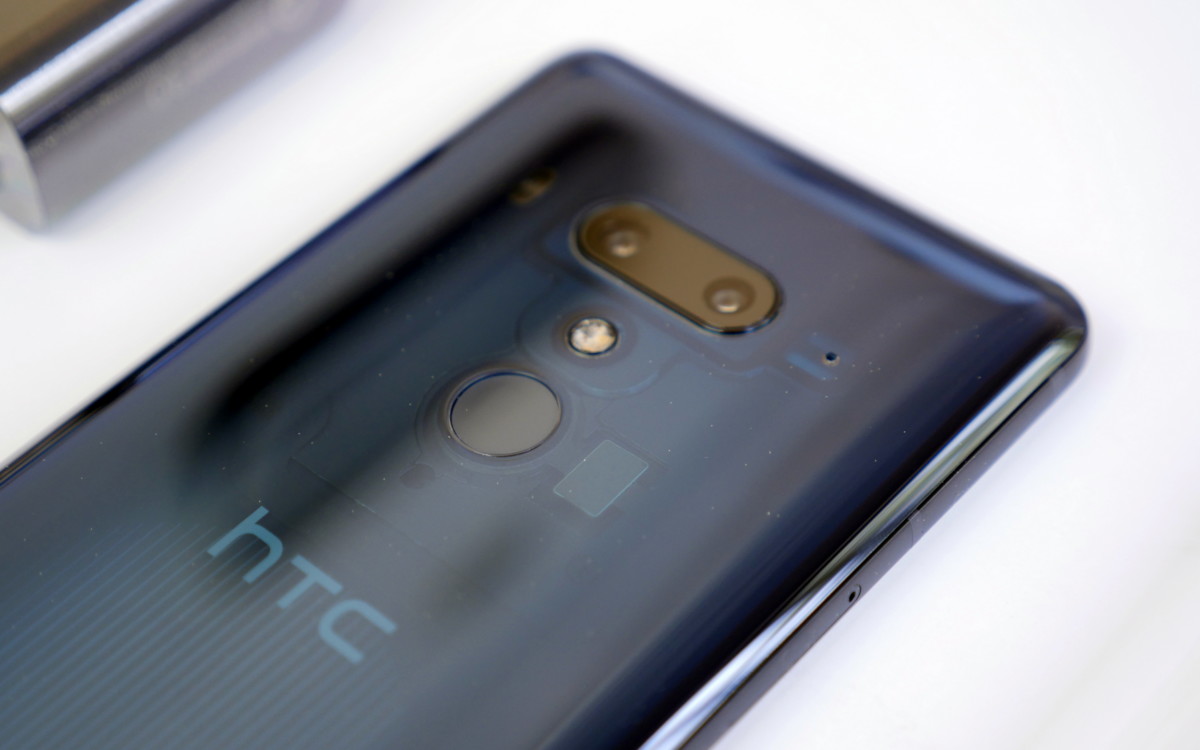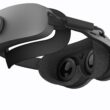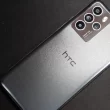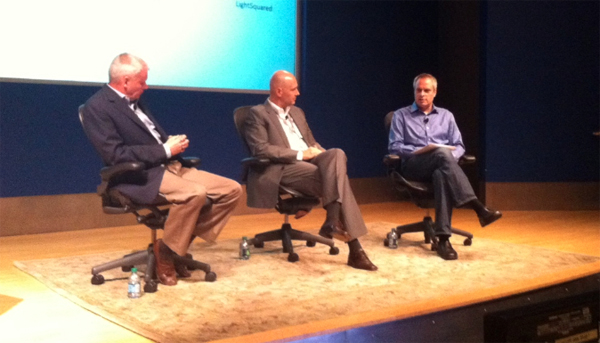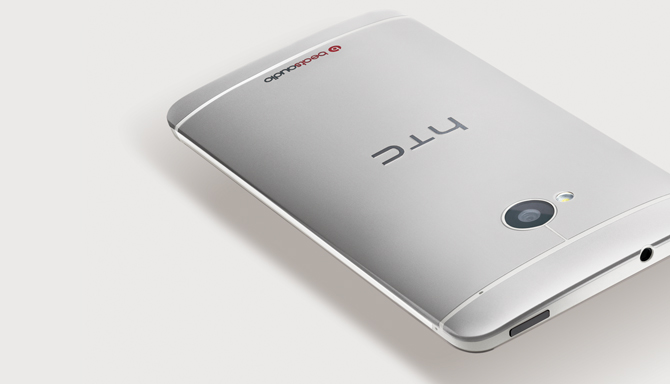Martin Fichter, president of HTC America took the stage yesterday in Seattle at the Mobile Future Forward conference to share his ideas on the future of the mobile industry. Some of the topics that Fichter touched on included Google’s plans to buy Motorola, the ongoing patent disputed between HTC, Apple, and other manufacturers, the state of Windows Phone, and the fact that the iPhone simply isn’t as cool as it used to be. While some have spread rumors that HTC will be abandoning Android in the near future, Fichter’s comments show that HTC is still committed to their current business approach for the foreseeable future.
Patent wars:
I think disruption is the perfect word for that because it disrupts my day, every day. The problem we are having as an industry, from a very broad perspective, is that energy that should go into developing new technologies and new user experiences goes into fighting off patent wars. So, think about it. A lot of time, money and energy is just wasted based on these patent wars. I am very much in favor of protecting intellectual property rights …. but we have to, from a philosophical level, relook at what we are doing with the patents so that we protect intellectual property but we stop ourselves from wasting all of this energy that should go into putting better technology into people’s hands.
Windows Phone:
It has shortcomings in some areas, so I am quite happy to see how Mango has improved all of that. I think Windows Phone 7 is probably a bit hampered by the whole energy in the industry right now for 4G. All the carriers are pushing their 4G networks and with Windows Phone 7 not yet supporting that … there is a shortcoming there that is not so much a problem for the end-consumer, but it is a problem for the consumer not being pushed towards Windows because another phone might be more attractive to cell phone carriers.
HTC Titan and Radar announcement:
I am very happy about these phones, because the integration of Windows is just beautiful. Integration of Facebook, Twitter, everything works seamlessly. It is hard to describe, but you don’t look for applications anymore, you just think about who you want to communicate to and the channels become obvious.
Mobile cloud:
We all talk a lot about the cloud…. If we change the way we behave and have all of our music — not on our phones anymore but only in the cloud — I can tell you that networks will have problems.
iPhone:
Apple is innovating. Samsung is innovating. We are innovating. Everybody is innovating. And everybody is doing different things for the end consumers. I brought my daughter back to college — she’s down in Portland at Reed — and I talked to a few of the kids on her floor. And none of them has an iPhone because they told me: ‘My dad has an iPhone.’ There’s an interesting thing that’s going on in the market. The iPhone becomes a little less cool than it was. They were carrying HTCs. They were carrying Samsungs. They were even carrying some Chinese manufacture’s devices. If you look at a college campus, Mac Book Airs are cool. iPhones are not that cool anymore. We here are using iPhones, but our kids don’t find them that cool anymore.
Google’s Motorola acquisition plans:
It is good for the whole ecosystem that Google owns IP that they didn’t own before. That’s very good for the Android ecosystem because maybe everyone was going into this starry-eyed and happy (saying): ‘Ok, there’s a free operating system that we can all work with.’ And we all believed it. We all launched lots of phones, and all of a sudden it turns out that there are forces in the market who just don’t want something free for the consumer. So, OK, let’s go back and try to support that. From that perspective, it is a good thing that Google has access to these patents. I don’t know how Google and Motorola will work together in the future…. We will see how that pans out. For us, as I said before, we will look at our options, and we will look at whatever needs to be done to be successful. The good thing, for us at HTC, is that whatever has happened over the last few years, we’ve usually adjusted faster than the impact of whatever happened.
Source: Geek Wire




